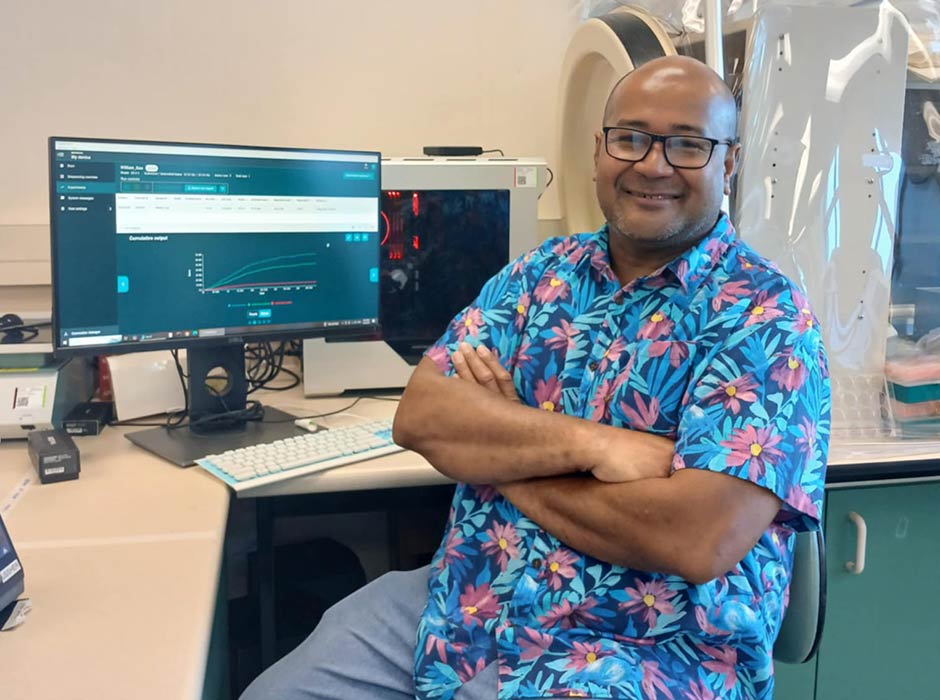Fijian Saki Baleivanualala graduates today with a Doctorate in Philosophy in Microbiology from University of Otago in New Zealand.
He already has a degree from the Fiji National University and a Master’s in Infectious Diseases from Western Australia.
He has first hand experience of how dangerous superbugs were becoming in Fiji’s hospitals.
Mr Baleivanualala approached Professor James Ussher, a leading clinical microbiologist and infectious diseases researcher at Otago, with a goal to specialise in microbiology with a particular focus on pathogen genomics and antibiotic resistance.
Together, they developed a research project to investigate how antibiotic-resistant pathogens were spreading in Fijian hospitals.
“Understanding the extent and nature of this problem fills a crucial gap, helps healthcare professionals, and protects vulnerable communities,” he said.
“This is essential for effective treatment, prevention strategies, and for the development new tools to fight these infections with limited resources.”
He is now working with partners to set up one of Fiji’s first pathogen genomic sequencing facility. For the first time, local scientists will be able to test and analyse samples in the country, instead of sending them overseas, as Saki did in his own study.
He says this progress was possible through the support of the University of Otago, Fiji National University, the Fiji Ministry of Health, and funding from the Maurice Wilkins Centre and Te Niwha.
“Studying bacterial DNA has been the key to really understanding these bugs. It gives us the information we need to plan proper treatment and stop the spread.”
Saki’s work has gained international recognition, with publications in esteemed journals highlighting the transnational spread of resistant bacteria and emphasising the need for coordinated antibiotic resistance surveillance in Pacific.
The research is contributing to global knowledge and will also be driving policy and capacity building in resource-limited settings.



